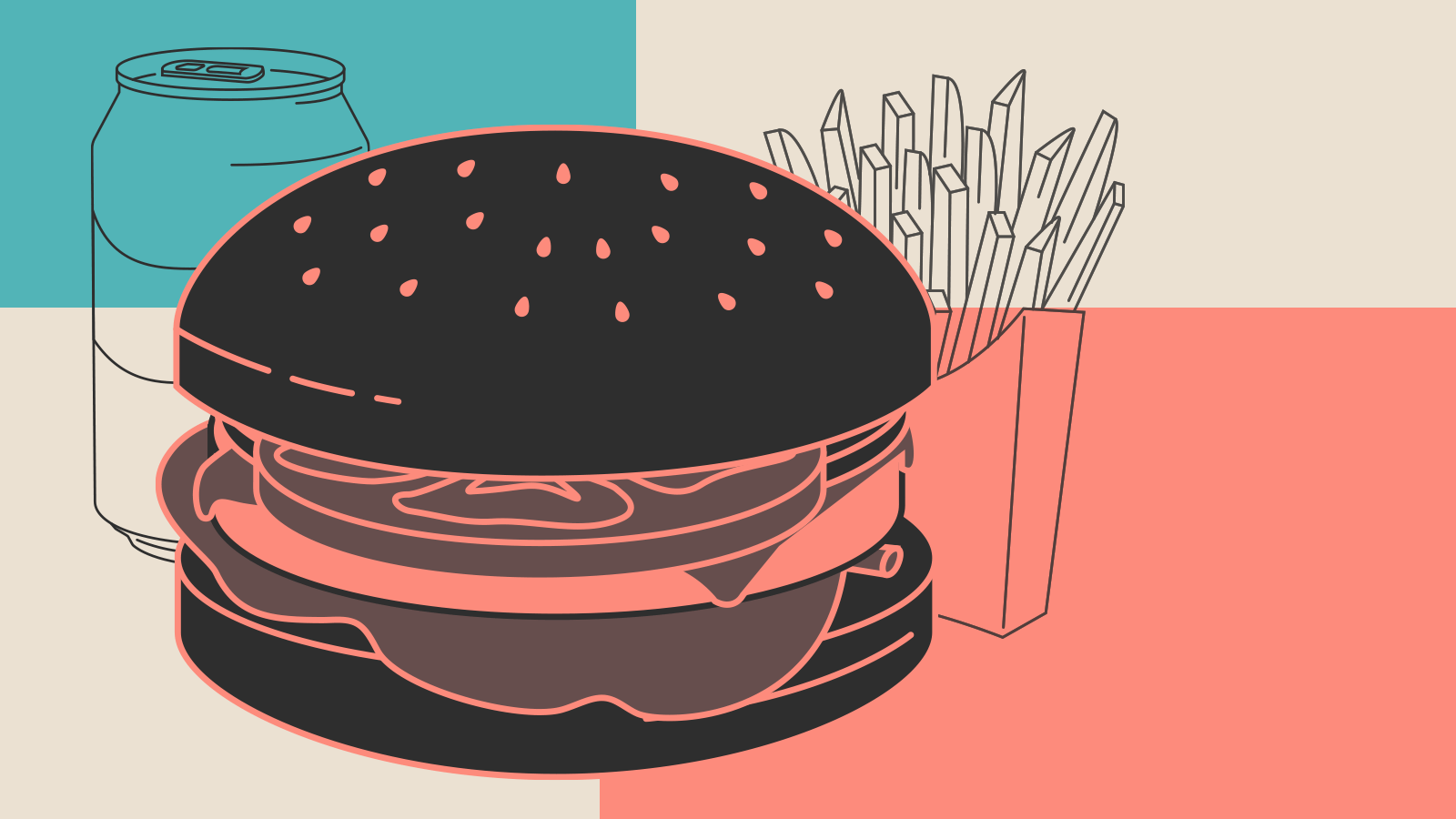The Hidden Risks in Your Diet Go Beyond Smoking
A growing body of research suggests that your dietary choices may play a much bigger role in cancer risk than previously thought. A recent study published in Thorax shows that individuals who consume higher amounts of ultraprocessed foods are 41% more likely to develop lung cancer, regardless of smoking status.
These foods—commonly found in sodas, packaged snacks, lunch meats, and frozen meals—often contain additives and preservatives rarely used in home cooking. According to the Food and Agriculture Organization of the United Nations, these ingredients are designed to enhance flavor, shelf life, and appearance but can significantly alter the way our bodies absorb nutrients and interact with harmful substances.
In the study, over 100,000 individuals were tracked for their eating habits and medical outcomes. Even after accounting for smoking, socioeconomic background, and lifestyle, the results pointed to a clear connection between heavy ultraprocessed food consumption and lung cancer risk.
Beyond the Labels: What Makes These Foods Dangerous?
Ultraprocessed foods are typically low in omega-3 fatty acids, which are vital for reducing inflammation and supporting immune function. These products are also high in saturated fats, added sugars, chemical additives, and salt—all of which contribute to chronic inflammation, a key factor in cancer development.
One major concern is the presence of acrolein, a toxic compound also found in tobacco smoke, which can emerge when cooking fats at high temperatures or from certain food packaging. According to the CDC, this contaminant poses serious health risks and can compromise lung tissue over time.
The study emphasized that industrial food processing not only reduces nutritional value but also introduces chemical contaminants during manufacturing. While the exact biological mechanisms are still being researched, it’s becoming clear that poor diet quality can undermine immune defenses, making the body more vulnerable to cancerous cell growth.
Shifting to Whole Foods: How to Reduce Your Risk
While it’s impossible to eliminate all cancer risks, improving your diet is one powerful step. Experts recommend prioritizing minimally processed, whole foods such as vegetables, legumes, whole grains, fruits, nuts, and seeds. These foods nourish the body, regulate inflammation, and support a healthier microbiome.
If you’re unsure where to begin, start by reading food labels and avoiding products with long ingredient lists filled with artificial names or preservatives. The National Institutes of Health suggests that small changes—like swapping chips for roasted nuts or soda for water—can significantly improve long-term health outcomes.
Health experts like Dr. David Katz urge people not to focus solely on removing “bad” foods, but instead to add in more natural, plant-based options. Over time, your taste preferences can shift to favor real, nutrient-rich foods, making it easier to maintain a balanced diet and reduce your overall cancer risk.



